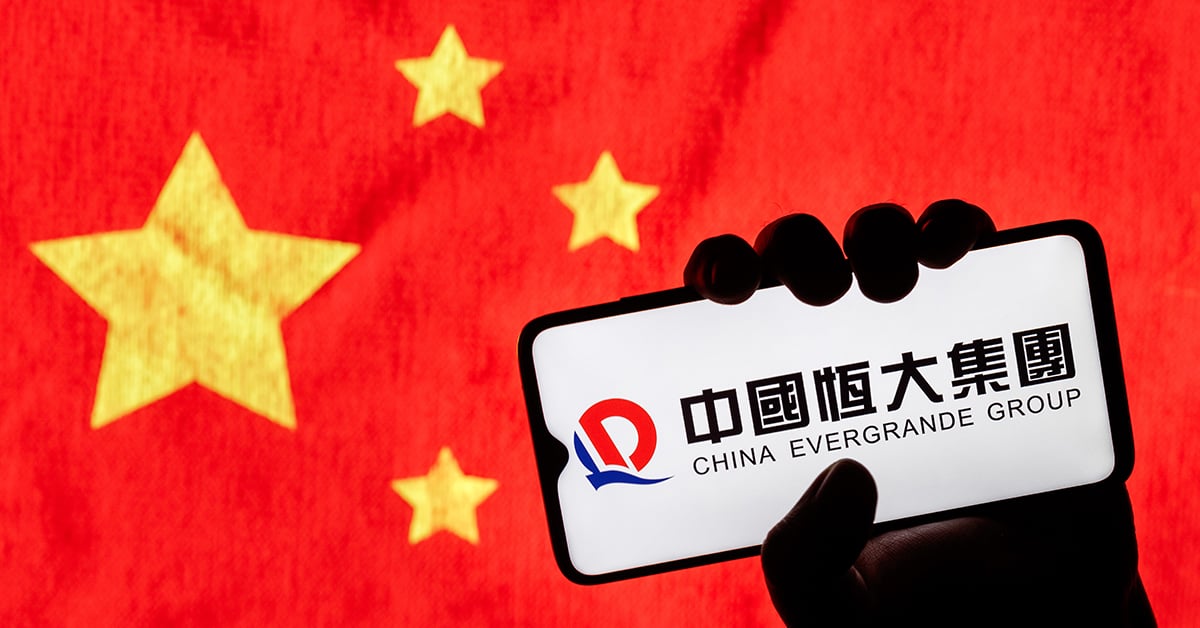Evergrande borrowed not only from about 300 domestic and international banks, many of which remain undisclosed, but reportedly also from its employees, small firms and ordinary retail investors.

Investors fear that the markets are on the verge of another Lehman Brothers–like collapse, as one of China’s largest real estate conglomerates, China Evergrande Group, teeters with more than $300 billion in liabilities.
The threat of financial collapse is not new for Beijing. President Xi Jinping had already warned back in 2017 about the “grey rhinos”—huge companies so laden with debt as to pose systemic risks to the country’s financial structure if they were to go bankrupt.
“What we’re seeing in Chinese markets is the direct result of Beijing’s policy to deflate excessive debt and leverage in specific sectors of the economy,” says Alessandro Tentori, chief investment officer at AXA Investment Managers. “This policy can always be reversed or compensated with monetary tools if needed.”
Founded by multibillionaire Xu Jiayin in 1996, Evergrande quickly grew to be a giant in the property market. After its 2009 IPO, the company expanded into other sectors while it kept borrowing. Its accumulated debt now accounts for 2% of China’s GDP.
Evergrande borrowed not only from about 300 domestic and international banks, many of which remain undisclosed, but reportedly also from its employees, small firms and ordinary retail investors. If the company defaults, the systemic effects around the globe could be disastrous. The “too big to fail” dilemma faced by the US in 2007 now troubles President Xi Jinping and leaves him at a crossroads.
It would be in Beijing’s interest to bail out Evergrande, considering that the developer is entwined in the country’s financial system. If that happens, other hugely indebted companies would expect the same treatment. If the government doesn’t offer a bailout, a global credit crunch could easily be in the cards. However, that remains to be seen.



